The government is cutting the number of international study places and CBS is in the front line
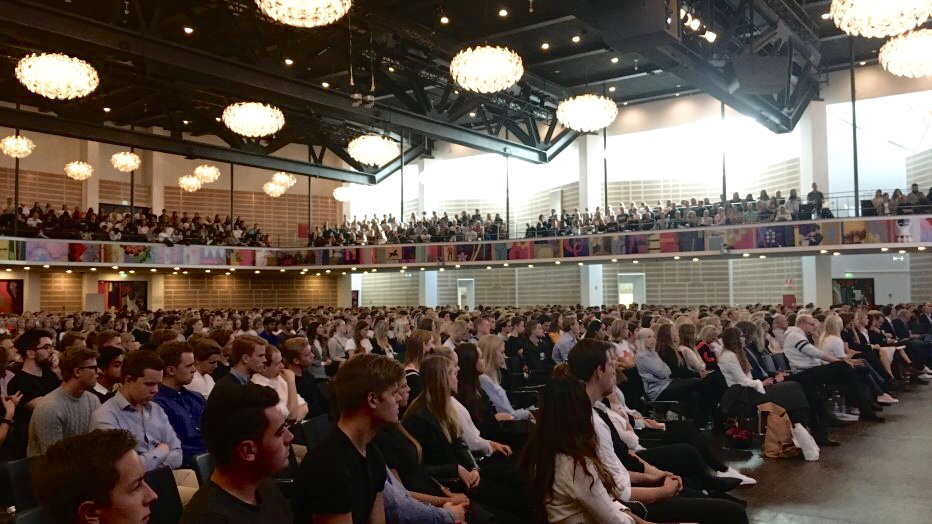
Two out of three international students have left Denmark two years after gradution. Now, the government cuts the number of international study places. (Photo: Anne M. Lykkegaard)
Two out of three international students have left Denmark two years after they graduated. As a response the government is cutting 1,000 to 1,200 international study places. The Dean of Education at CBS says that the number of international students that leave are “unexpectedly high” and that CBS' share of the reduction will be about 1/3. The President of CBS Students calls the initiative “tokenism” and “problematic”.
Denmark is suffering from brain drain. Only one out of three international students are staying in Denmark two years after graduation. This means that two out of three international graduates are an expense for Denmark, show new figures from the Ministry of Higher Education and Science.
On the same day, it was announced that Copenhagen dropped from the 27th to the 45th place on the list of the world’s best student cities. (Fact box.)
In order to change the situation, the government published an initiative on the 23rd of August, which aims to reduce the number of international study places in the master’s and engineering programs of six out of eight universities. Between 1,000 and 1,200 places will be cut, thereby reducing the overall number of international students in Denmark.
“It is great to have international students in Denmark. They expand the horizon of the Danish students and give the companies an international view on what they work with. Also, many international students are skilled workers for Denmark,” says Tommy Ahlers, the Minister for Higher Education and Science in a press release from the ministry and continues:
“But we can’t lift other countries educational commitments. Therefore, we have to do more to make the qualified international students stay and work after they graduate, and we have to adjust the number of study places for the programs, where the students leave quickly after graduation.”
Gregor Halff, the Dean of Education at CBS, is highly concerned about the numbers of international students that leave Denmark two years after graduation.
“These numbers are unexpectedly high and we have a duty to help resolve it. CBS can do more to help these skilled international graduates in finding their way to the Danish labour market, and we have already initiated workshops for targeted job searches,” he says.
Jeppe Ask Tofteskov, President of CBS Students, calls the initiative “problematic”, as it does not fix the actual problem.
“If the government isn’t satisfied with the level of employment among the international students after graduation, reducing the number of international study places is not going to fix it. This is pure tokenism,” he says.
A financial burden?
The Ministry of Higher Education and Science base their figures on data about the international students, which was collected between 2004 and 2015. They estimate that, on average, every international student contributes between DKK 100,000 to DKK 350,000 during their life time.
“International students who stay in Denmark for less than ten years after the start of their studies are, on average, a bad bargain, whereas students who stay for a longer time contribute to the economy” states the report from the Ministry of Higher Education and Science.
According to the figures, 38 percent of the international students who are still in Denmark get employed two years after they graduate. The number for Danish students is 62 percent.
“We expect that the earlier we expose non-Danes to Danish businesses, the more likely they will continue to work in Denmark or even start up their own businesses in Denmark and create jobs,” says Gregor Halff and continues:
“At the same time, it does seem definite that we have to reduce our international intake. We expect that CBS’ share of this reduction will be about 1/3, which is a substantial part of our international intake. This poses a technical challenge.”
The Initiative has consequences for Danish students too
According to Gregor Halff, CBS cannot reduce its international intake without reducing the total number of graduate students at the same time,– including Danes. This is due to the fact that the Danish universities have to treat Danish and EU/EØS citizens equally when choosing the most qualified applicants.
He points out that adding Danish entry requirements is not a possibility either, as these have to be announced years in advance. This means that CBS – probably – has to reduce their total intake of graduates, which will also affect the Danish graduate applicants from other Danish institutions or Danish students who have taken a bachelor degree abroad.
“We will discuss the possibilities with the Ministry. Our goal remains to keep CBS’ total number of students constant in the long run,” says Gregor Halff.
He underlines that CBS will continue to be an international beacon among business schools, however, with a focus on producing qualified Danish students.
“Our goal to preserve CBS as a strong international business school remains. After all, teaching in English and our international environment is, first and foremost, to qualify Danes for careers in international businesses in an open, international economy such as Denmark,”he says and continues:
“Thus, within the given political context, we have to find other ways of making sure that our students are educated to the highest international level This includes having more international exchanges as well as overseas experiences embedded in the programs.”
The core of the problem
In the press release, the minister, Tommy Ahlers states that he will talk to the universities about what they can do in order to improve the figures and not only have the international students stay, but also make it easier for them to get a job.
Jeppe Ask Tofteskov suggests that instead of cutting the number of international study places, the universities, the international students, the business sector, and the politicians should come together and make an effort to improve the possibilities of getting a job.
“One easy thing we can do is to reintroduce free Danish lessons. Having some knowledge about the Danish language gives the international students a better starting point when they apply for jobs,” he says and adds:
“At the universities, we can make events that specifically target the international students and help them with entering the Danish job market. Cutting the number of study places is a very short sighted solution.”



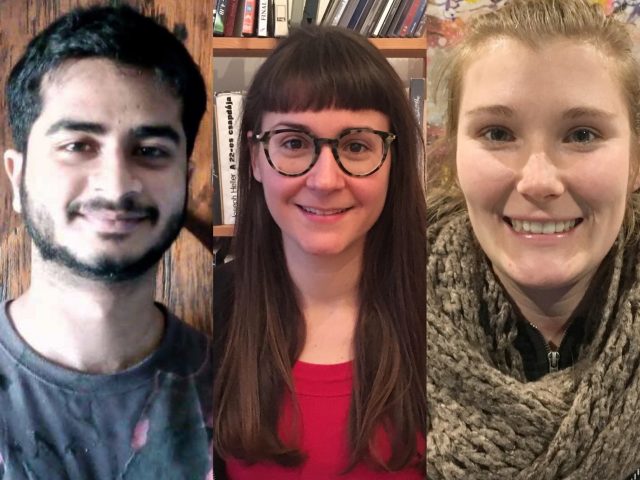
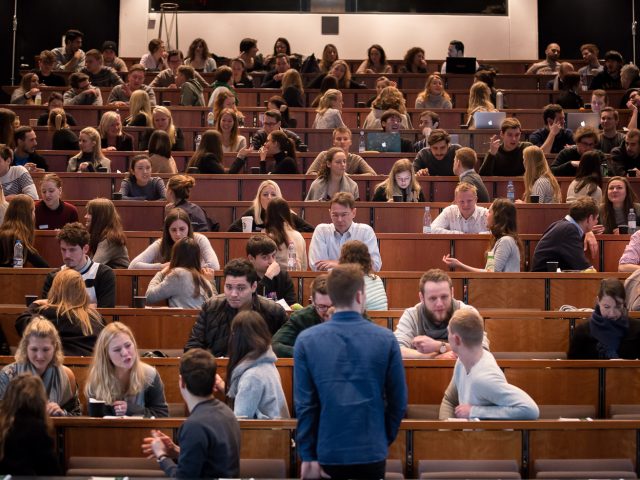
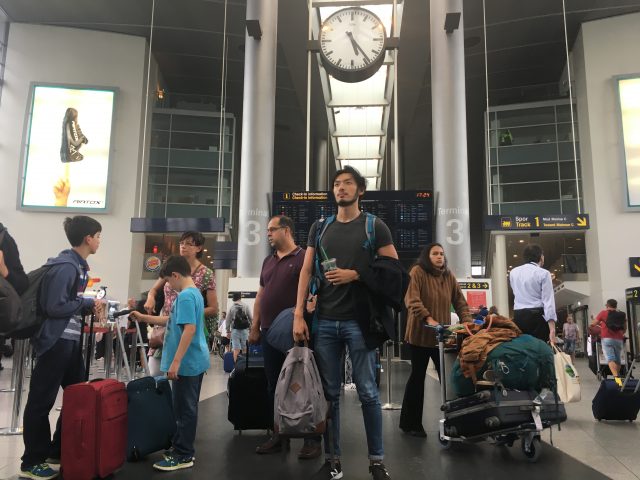

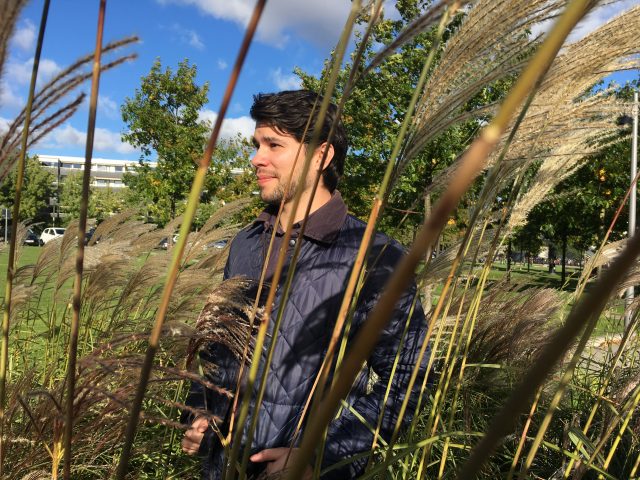
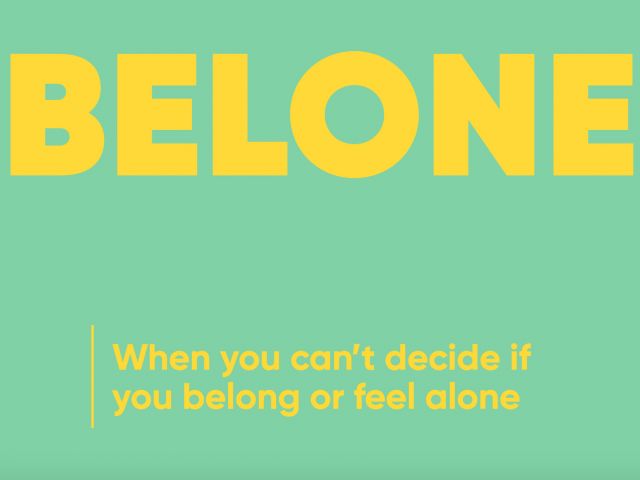





























































































































It takes a foreign graduate twice as long (20 month) as a Danish graduate to get a job in Denmark. Add to that that they cannot find friends in Denmark and are faced by one of the highest tax burdens in the world, as well as overly xenophobic politicians , and you have created a cocktail so poisonous that every person in their right mind would leave for greener shores.
I teach many international students who initially are very keen on staying in Denmark, but lose interest the moment it dawns on them what they got themselves into by coming here.
It’s actually very simple, if you do not treat your friends well, you’ll end up having none. Denmark should take a good thorough look in the mirror instead of – like always – blame the foreigners.
Why haven’t you talked to some competent person like Wilbert vd Meer or Anne Mette Hou about this issue? You would be told that: First, the fundamental problem is that we don’t charge student fees; if we charged some average of European fees, the purported financial loos would disappear and we would not be supporting the unviersity systems of other European countries.
Second, a “foreign” student can be foreign in several ways:
– Nordic students are, I’ve heard, not counted. That’s good for us – they have the worst stats of all, every single Norwegian going back home after her CBS degree is completed
– Other europeans pay no fees just like the Nordic, but they are counted
– a significant group of “foreigners”, those from outside EU/EØS, pay student fees. For them, there is no financial loss – rather a gain; they are also more likely to be motivated to seek job in Denmark. We are not, however, allowed to discriminate between paying and non-paying applicants.